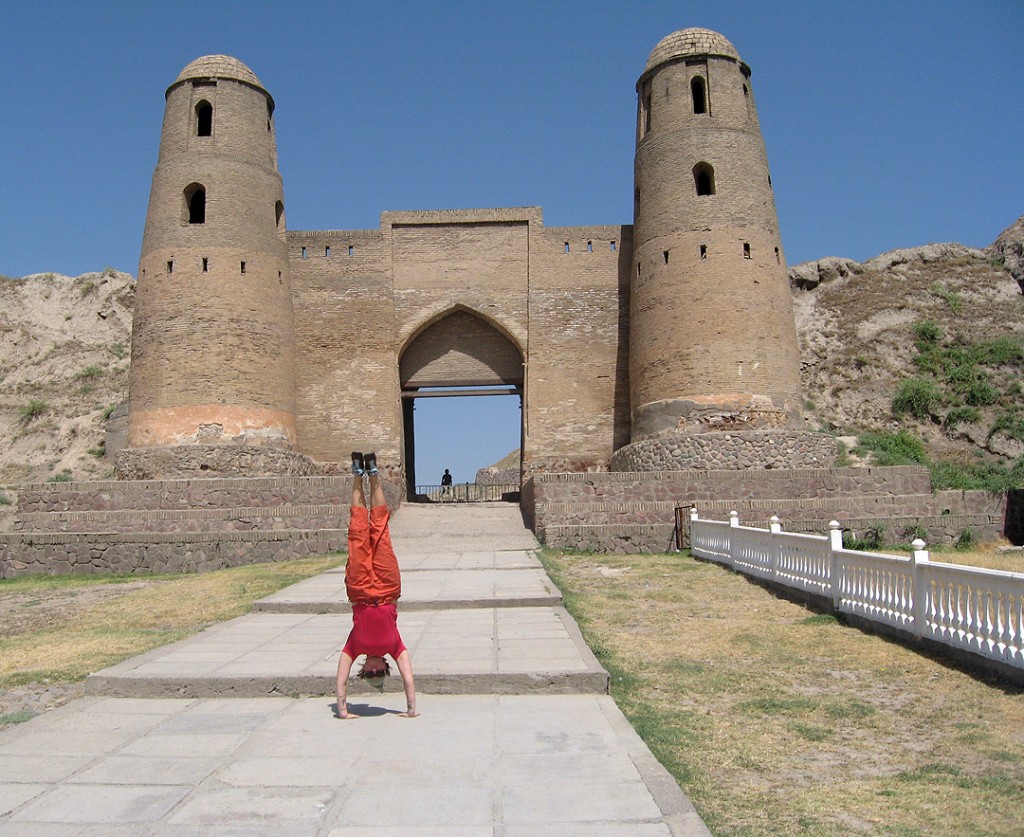Early Soviet Rule in Tajikistan: Between Violence and Collaboration
Friday, November 8, 2013, 2:00 pm
Marshall D. Shulman Seminar Room (1219 IAB), 420 West 118th Street
A talk by Botakoz Kassymbekova (Visiting Scholar, Harriman Institute)
The presentation will focus on strategies and realities of the Soviet imperial state-building process in Tajikistan in the 1920s and 1930s. Kassymbekova will analyze the relationship between the nature of Stalinist political order and the kind of communication and information gathering it forged with and within its peripheries. She argues that due to imminent problems with information gathering and communication in a person-based, non-bureaucratic regime, the Soviet state’s reliance upon arbitrary violence and collaboration with short-term allies became key governing and communicative device in its multicultural and multilingual frontier.
Dr. Botakoz Kassymbekova received her B.A. from the American University in Central Asia in International and Comparative Politics and Sociology, M.A. from the University of Essex in Social and Cultural History, and Ph.D. from Humboldt University in Berlin in East European History. She worked for the Aga Khan Humanities Project (University of Central Asia), the OSCE Academy Oral History of Civil War Project in Tajikistan, advised international organizations in Tajikistan, and co-founded a youth Amnesty International Group in Kyrgyzstan. Kassymbekova published on historical and current issues on Central Asia and is currently preparing her Ph.D. dissertation for publication. She is a postdoctoral fellow at the Technical University in Berlin and is working on her second project (Habilitation) titled “Russian Imperial Grand Hotels at the fin de siècle.”
